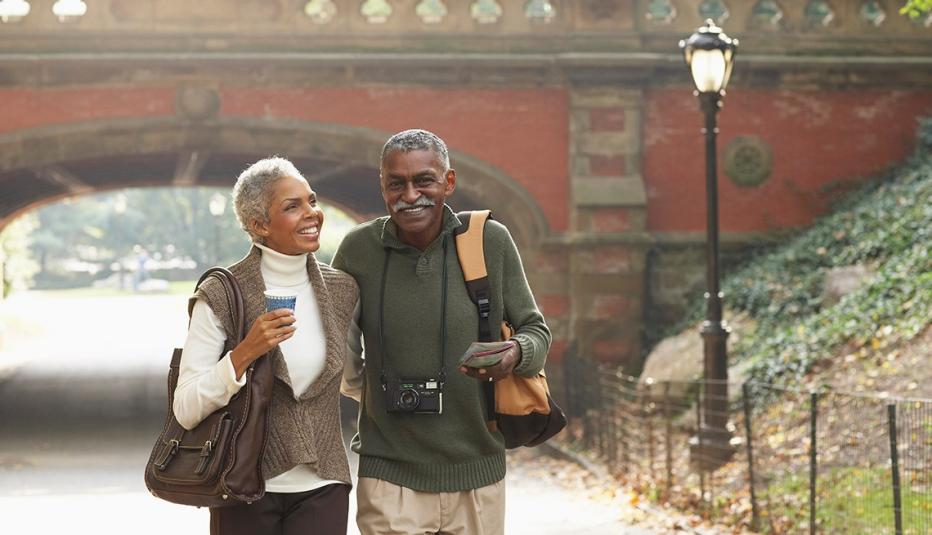AARP Hearing Center


Older Travelers Ignore Potential Scam Risks
Americans love to travel, and adults 50 and older are no exception. In fact, this group represents a large segment of the leisure travel population. Boomers anticipate spending more than $6,600 on travel in 2019, and more than a third (35%) of Boomers surveyed say that’s more than they spent in 2018. The amount of money that this population spends on travel makes them a prime target for travel scammers, but this latest AARP poll finds that many older travelers are not concerned about scams. That could be a mistake.
Fraud can occur before the trip even begins. Unwary leisure travelers can fall prey, for example, to fake booking websites, rental properties that don’t exist, or cold callers offering up free vacations that turn out to be anything but free. And yet, just 39% of travelers report being concerned about scams while booking travel. Adults 50 and older are even less likely than younger travelers to say that they are concerned. While roughly half of adults 18–49 report being concerned about booking scams, only about a quarter (26%) of those 50 and older say the same. Further, while about half of Americans (54%) use established travel websites to reduce the chances of getting scammed, few take other precautions, such as calling to confirm reservations after booking with third parties (34%), checking the validity of web addresses (25%), or getting the terms of a travel deal in writing (17%).
Even fewer travelers are apprehensive about being scammed during their trip. Just under a third (32%) say they worry about being scammed while traveling, and fewer adults 50 and older report being concerned (20%) than those 18–29 (49%) or 30–49 (39%). Travelers are most worried about credit card fraud (9%), identity theft (8%), and ticket scams (7%).
Despite these potential pitfalls, however, Americans love to travel, and many say that, if they could afford it, they would get away even more often, which means they need to take care to keep their money secure so they can enjoy their trips to the fullest extent.
Methodology
This online survey of 1,000 adults age 18+ was fielded February 4–11, 2019 using AARP’s online panel. Selected respondents had traveled in the past 10 years, and quotas were placed on age, gender, region, and ethnicity/race. Results were weighted to the U.S. population on gender, race, Census division, marital status, Hispanic origin, age, education, workforce status, and income.
For more information about this survey, please contact G. Oscar Anderson at ganderson@aarp.org. For media inquiries, contact media@aarp.org.



































































